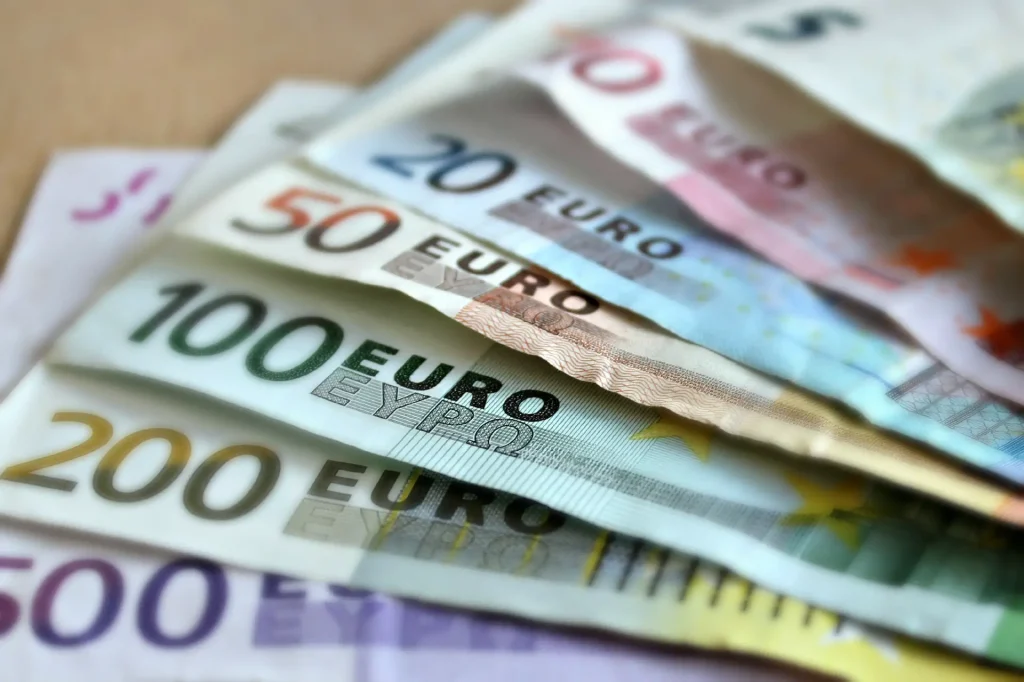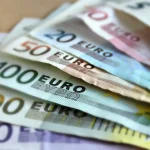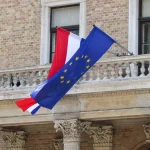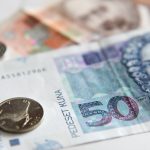As Poslovni Dnevnik writes, Plenkovic also reminded people of Croatia’s entry into the EU back in July 2013 and the referendum by which the Croatian people confirmed their desire to enter the bloc.
“The Schengen zone and the Eurozone are the only two deeper integrations that Croatia needs to join at this point. The year 2022 is the year of decisions on both,” said the Prime Minister.
“Back in 2017, we launched a public debate on the introduction of the euro in Croatia, and a few months later the government adopted this strategy. Why is Croatian Eurozone entry happening? Because we’re already a very highly euroized economy,” he said, noting that 70 percent of tourism revenues come from tourists from EU member states which typically have the euro as their main currencies. He also mentioned that most savings and loans in Croatia are tied to the euro, as N1 also reported.
“Both savings and loans and trade and tourism revenues are linked to the Eurozone,” Plenković said. He also spoke about the law on the introduction of the euro as the official currency in Croatia. “The goal is for the adjustment to go smoothly and to enable the economy to function, for people to be informed of things in good time and for Croatian Eurozone entry to be done in a fair and proper way.”
In just one year, the only means of payment in Croatia will be the euro, and the kuna will enter the history books.
“This time in one year, the only means of payment in Croatia will be the euro. It’s very important to understand the speed of completion of this process, with the introduction of the euro, everything in kuna in the banks will automatically be converted into euros,” Plenkovic said.
He also spoke about highlighting prices in both euros and kuna.
“Prices will be highlighted in kuna and euros for another year, and for the whole of 2023,” he added, noting that the double price highlighting will start in September this year and will continue throughout next year.
“Everyone will be able to exchange kuna for euros in banks, at Fina and at the post office. The transition process will take another year after Croatian Eurozone entry. An additional element is that after that deadline, people will be able to bring their kuna into the CNB and exchange that money for euro banknotes,” noted Plenkovic.
“I’d like to invite people who have kuna cash at home to come and deposit it at the bank, because the money in kuna will automatically be converted into euros,” he concluded.
For more, check out our politics section.











